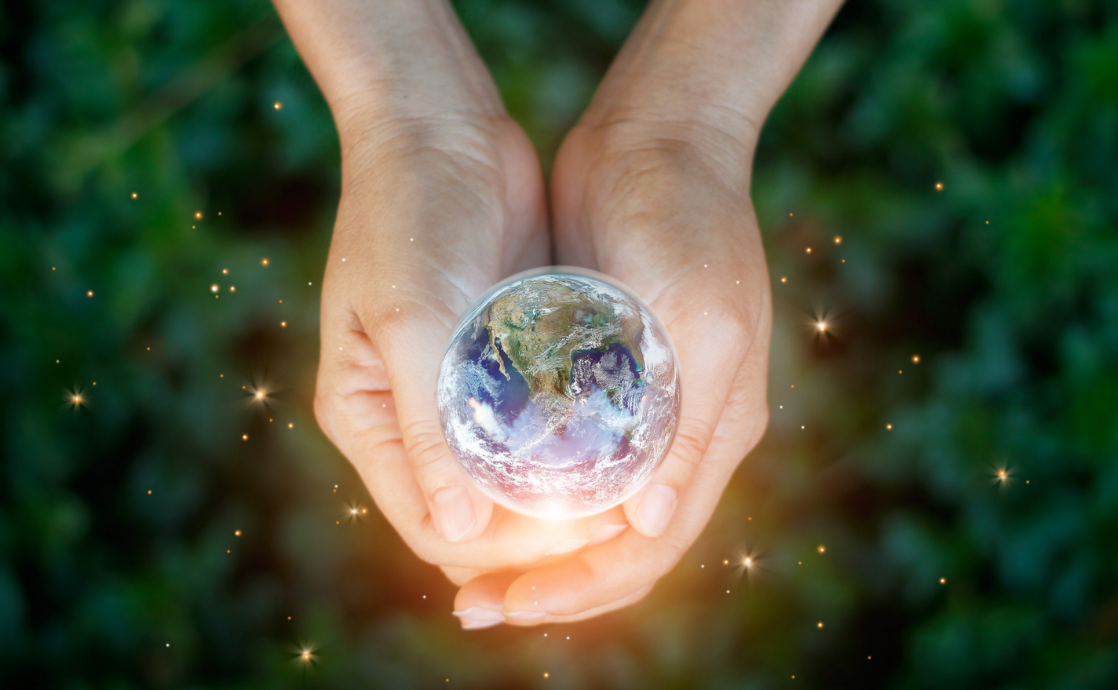In an age marked by unprecedented fragmentation and discord, the teachings of the Bahá’í Faith illuminate a profound and compelling narrative—a narrative that posits spiritual unity as the only viable pathway to ensure humanity’s survival. This concept of unity transcends mere ideological constructs, delving into the very essence of our shared humanity. By examining the principles of spiritual unity as espoused in the Bahá’í teachings, we embark on a journey toward understanding the transformational power that lies within our collective consciousness.
The first essential tenet of this discourse revolves around the concept of oneness—a foundational pillar of Bahá’í beliefs. To perceive oneness is to recognize that beneath the superficial layers of ethnicity, nationality, and religion lies a fundamental unity that binds all individuals. This metaphorical lens allows us to see humanity as a single organism, with each person functioning as an essential cell within a larger body. Just as the health of a body relies on the harmonious interplay of its cells, so too does the vitality of the human race depend on our ability to recognize and nurture our interconnections.
Delving deeper into the notion of oneness, we discover its intimate relationship with the spiritual dimension of existence. The Bahá’í teachings advocate for a transcendental understanding of unity that extends beyond temporal concerns. In this regard, spirituality is not a separate entity divorced from the quotidian; rather, it permeates every aspect of our lives. To embrace spiritual unity is to cultivate virtues such as compassion, empathy, and love—attributes that fortify the foundation of our communal existence. The challenge lies in engendering these virtues, particularly in the context of our contemporary world, rife with divisive ideologies.
The metaphor of a tapestry woven with diverse threads serves to illustrate the richness that spiritual unity brings to the fabric of society. Each thread, representing different cultures, philosophies, and identities, contributes to a magnificent whole. When we embrace our differences and work synergistically toward a common purpose, we create a resilient and vibrant tapestry—one that reflects the beauty of our collective existence. This highlights the importance of promoting dialogue and understanding among disparate groups as a means of fostering spiritual unity.
Moreover, spiritual unity implicates a reimagining of knowledge and education. In the pursuit of survival, it becomes imperative to foster a mindset that values holistic education—a paradigm that nurtures both the intellectual and spiritual dimensions of individuals. This educational framework embraces critical thinking and moral reasoning, thus empowering individuals to engage with complex societal challenges. Such an approach cultivates not just knowledgeable citizens but also morally attuned agents of change ready to address the myriad crises that threaten our collective future.
As we explore the external manifestations of spiritual unity, it is also essential to consider its implications for social justice. The Bahá’í teachings emphasize that true unity cannot be achieved without ensuring equity and justice for all members of society. Disparity in wealth, opportunity, and access to resources creates a breeding ground for discord. Therefore, addressing these inequities becomes a moral imperative, one that invites individuals to participate in the creation of a just global society. By aligning our efforts toward dissolving barriers of inequality, we embody the principles of spiritual unity in tangible ways.
The function of religion in this holistic framework cannot be overlooked. In the Bahá’í perspective, religion should act as a unifying force rather than a source of division. This necessitates an evolution in religious thought whereby adherents transcend dogma and accept the validity of different spiritual paths. The Bahá’í Faith presents a narrative that appeals to the shared destiny of humanity, urging believers to draw wisdom from the teachings of various religious traditions. In this enlightened approach, spiritual unity is a bridge connecting divergent beliefs and practices, thereby fostering mutual respect and understanding.
Moreover, the relevance of spiritual unity extends into the domain of environmental stewardship. The existential threats posed by climate change and ecological degradation call for a unified response grounded in spiritual values. Recognizing the interconnectedness of all life, the Bahá’í teachings implore humanity to adopt sustainable practices that honor the delicate balance of our planet. This necessitates a collective awakening to our role as stewards—guardians tasked with preserving the sanctity of creation. Disregarding this responsibility not only jeopardizes our survival but also disregards the spiritual imperative that binds us to the Earth.
Strategizing pathways toward spiritual unity requires action at both local and global levels. Community building, engaging in dialogue, and fostering collaborative initiatives stand as testament to the potential inherent in unity. Even small acts of kindness can catalyze profound change, rallying people to the cause of solidarity. It is crucial, therefore, to channel our energies into initiatives that promote cultural understanding and social cohesion, as this lays the groundwork for a sustainable and united future.
In summary, the Bahá’í teachings proclaim that spiritual unity is not merely an ideal—it is a pragmatic necessity, intricately woven into the survival fabric of humanity. By embracing the concept of oneness, committing to social justice, rethinking the role of religion, and prioritizing environmental stewardship, we carve a pathway toward a harmonious existence. If we want to ensure our survival amidst the complexities of the modern world, we must heed the call to transcend divisions and actively participate in the creation of an interconnected, spiritually unified global society. Ultimately, it is this profound interdependence that offers the greatest promise for a future that honors both our diversity and our shared humanity.
